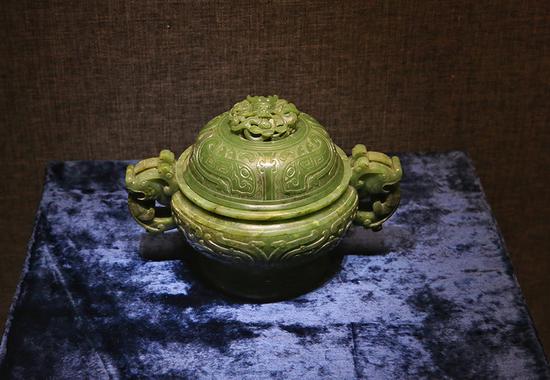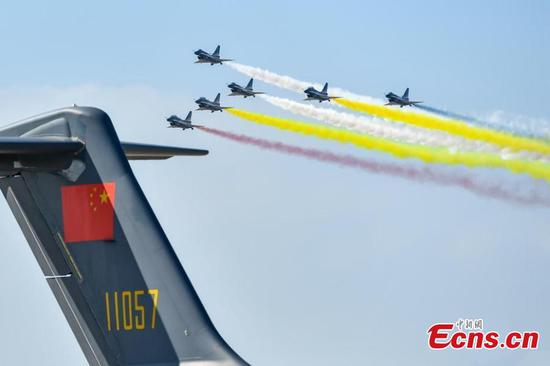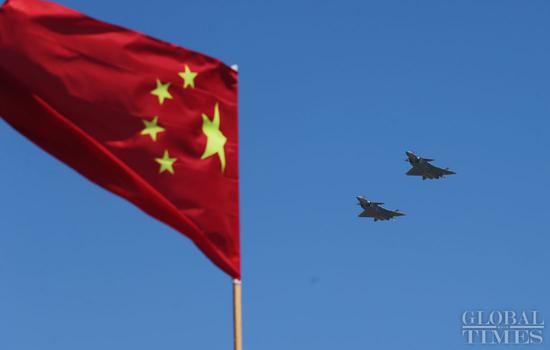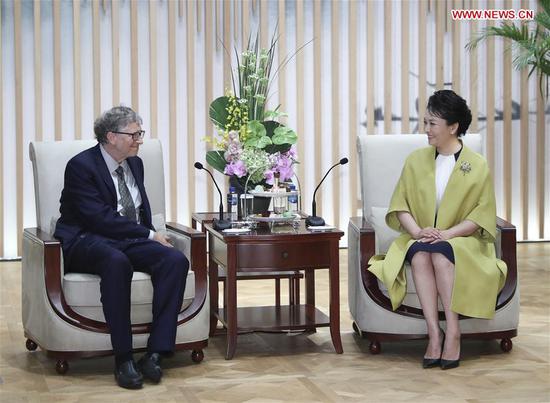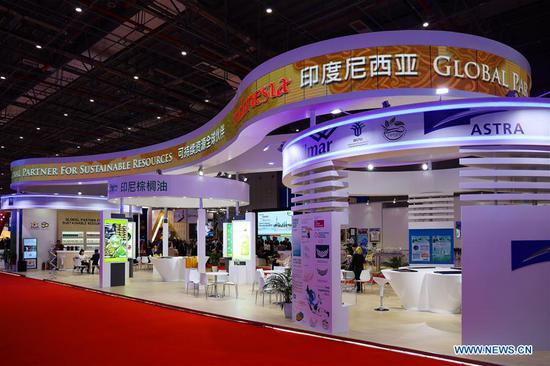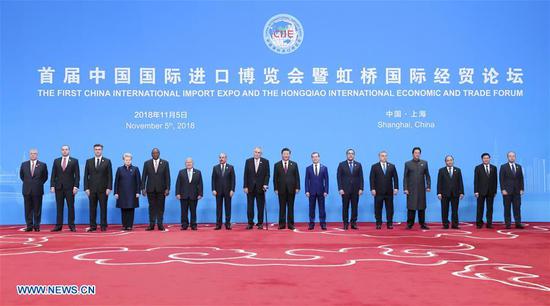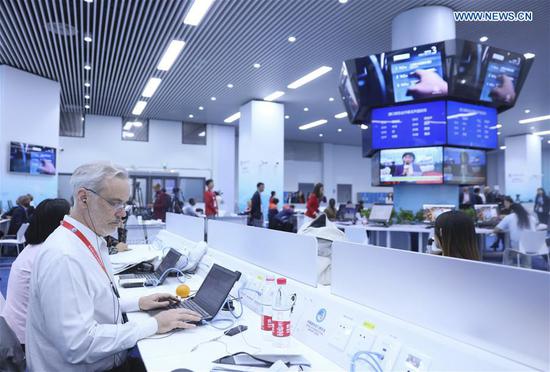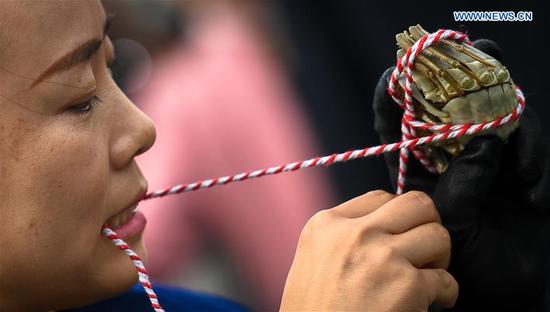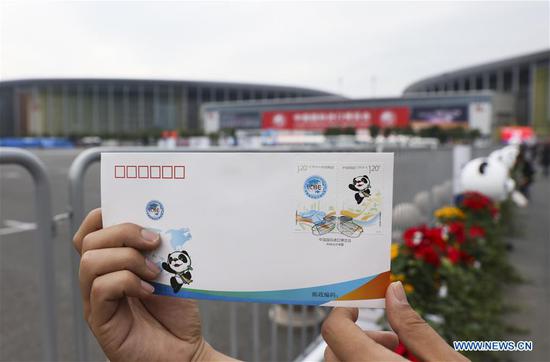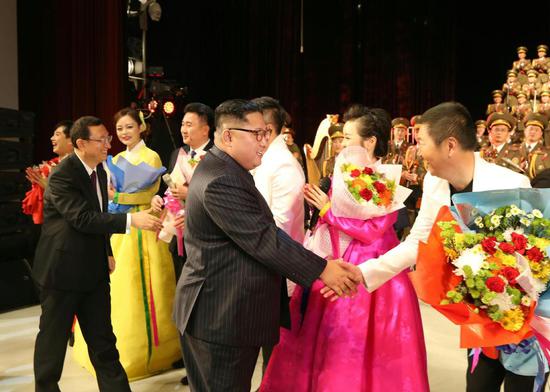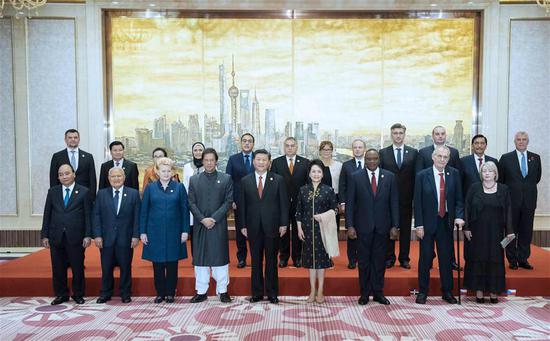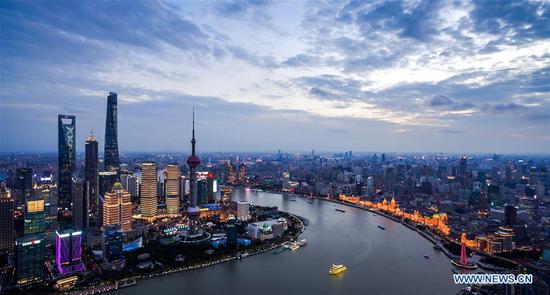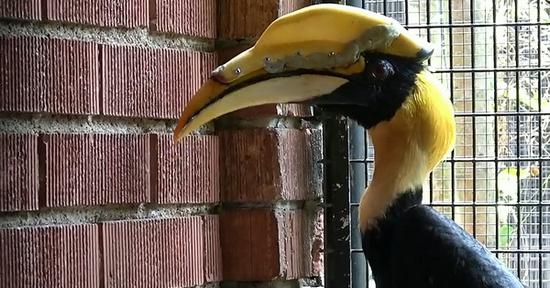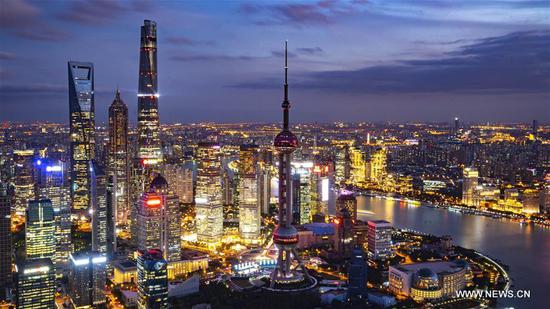Intellectual property (IP) is the core element of promoting innovation and development, and protecting intellectual property rights (IPR) is a key measure to shape a first-class business environment, said Chen Qun, vice mayor of Shanghai at the China International Import Expo (CIIE).
At the opening ceremony of the CIIE, Chinese President Xi Jinping reiterated that China will create a more attractive foreign investment environment by improving the law and cracking down on IPR infringements. "This fully reflects the government's determination to strengthen IPR protection," said Chen.
Xi said the measures he announced in April to relax market access have been implemented and China has further simplified the negative list for foreign investment, reduced investment limits and raised the level of free investment.
A white paper released in September by the State Council shows that China's attitude toward the protection of IPR is clear and firm. The white paper points to three sectors: Legislation, law enforcement and the judiciary.
China has built a high-standard legal framework for IP in a short period of time, compared to the decades or more used by developed countries to do the same.
According to the Peterson Institute for International Economics, China's efforts to protect IPR are improving. China ranks second globally on the scale of licensing fees paid for technology used within its national borders, second only to the US.
The paper also says China is increasingly being selected as the forum of choice for non-Chinese companies to litigate IP disputes, and a significant number of both the plaintiffs and defendants in Beijing IP courts are foreigners.










